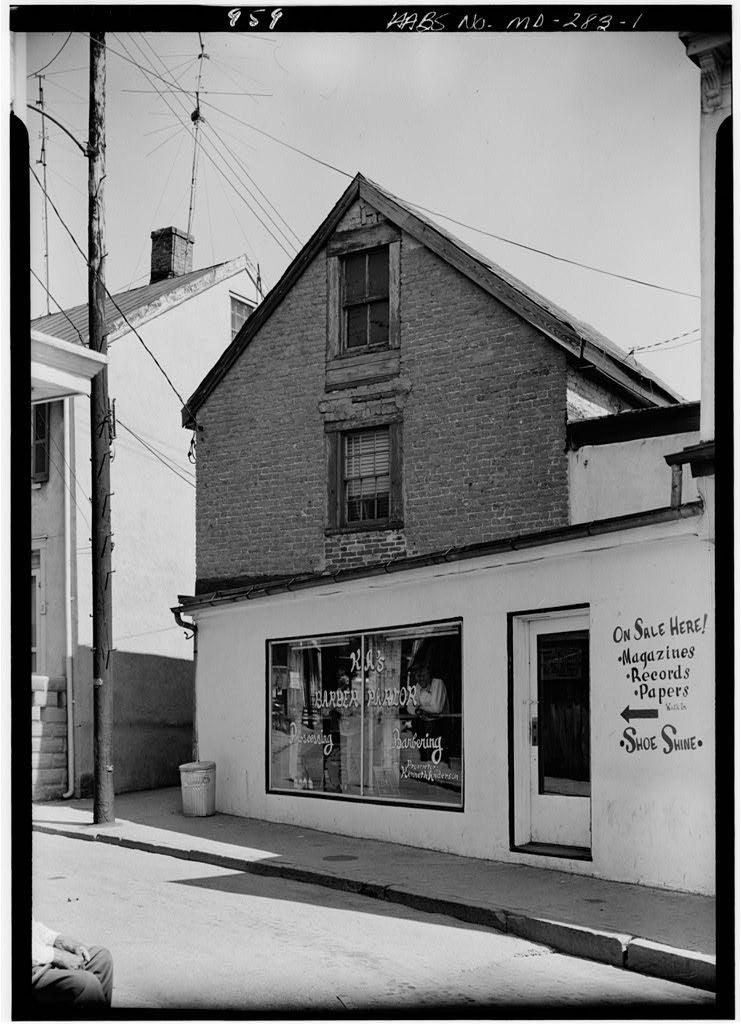9th – Commenc’ Town, din’d at C. Wirgmans roads very bad – Cold evening
From the journal of Captain Henry Thompson, February 9, 1814. Courtesy the Friends of Clifton.
9th – Commenc’ Town, din’d at C. Wirgmans roads very bad – Cold evening
From the journal of Captain Henry Thompson, February 9, 1814. Courtesy the Friends of Clifton.

On February 9, 1814, Samuel Hopkins died at home on his 500-acre tobacco farm in Anne Arundel County. Hopkins was survived by his wife Hannah Janey and eleven children—among them Johns Hopkins who was the second child born to the family on May 19, 1795.
Around 1807, the same year Quakers like the Hopkins family played a critical role in abolishing the slave trade throughout the British Empire, Samuel Hopkins emancipated most of the enslaved people on his farm and took Johns and his older brother out of school to work. By the time of his father’s death in 1814, Johns Hopkins had moved to Baltimore where, in 1812, he indentured with his uncle and local store-keeper Gerard T. Hopkins. Gerard was a wholesale grocer with a home at 8 Pratt Street and a store on the County Wharf at the foot of Broadway in Fell’s Point. Samuel Hopkins was later remembered as “an upright, noble-minded man, polite, agreeable and entertaining in conversation, much beloved by his friends and acquaintances, useful in society, his neighborhood and family.”
Source: Bulletin of the Johns Hopkins Hospital. 1917. Johns Hopkins and Some of His Contemporaries, Henry M. Hurd, M.D. p. 225-226.